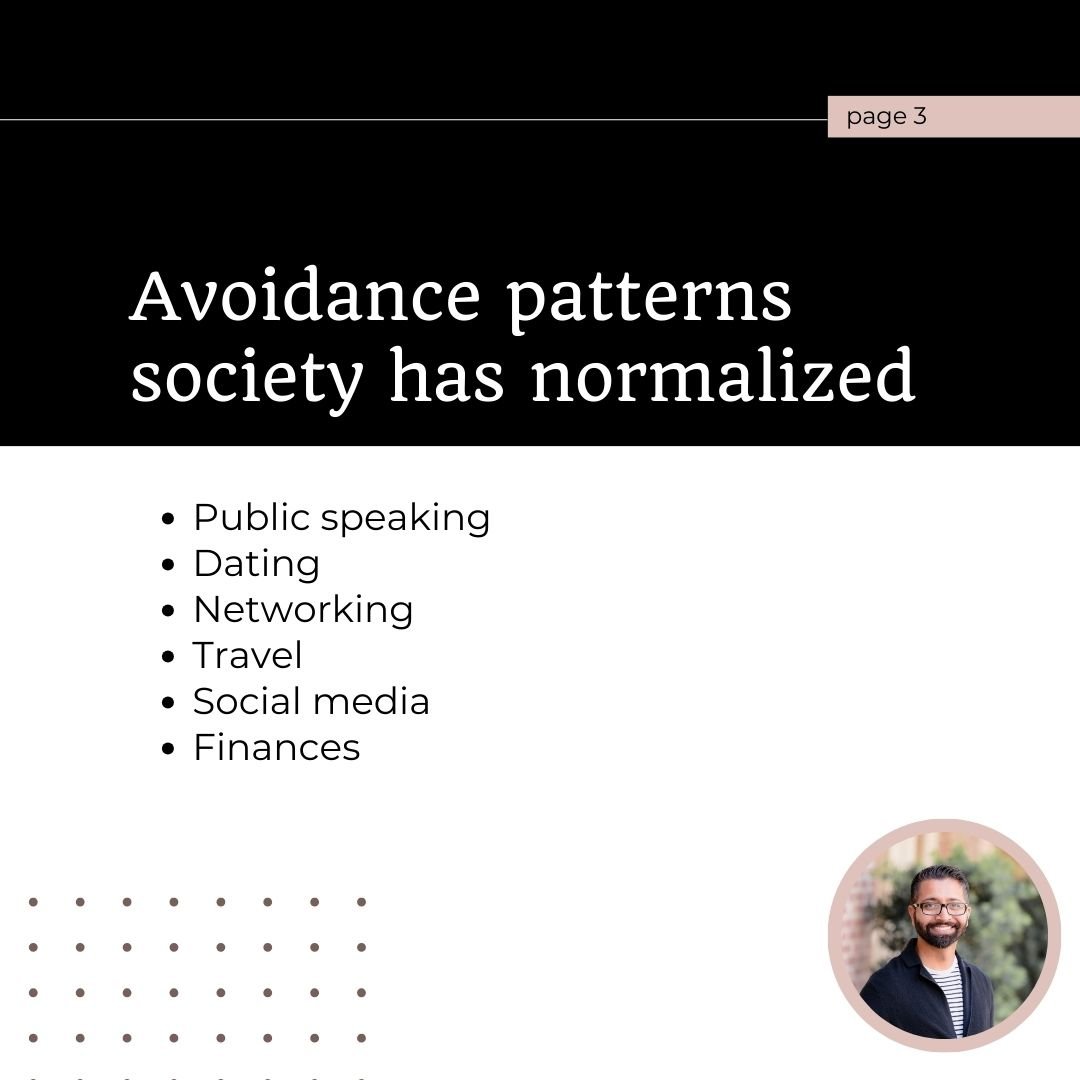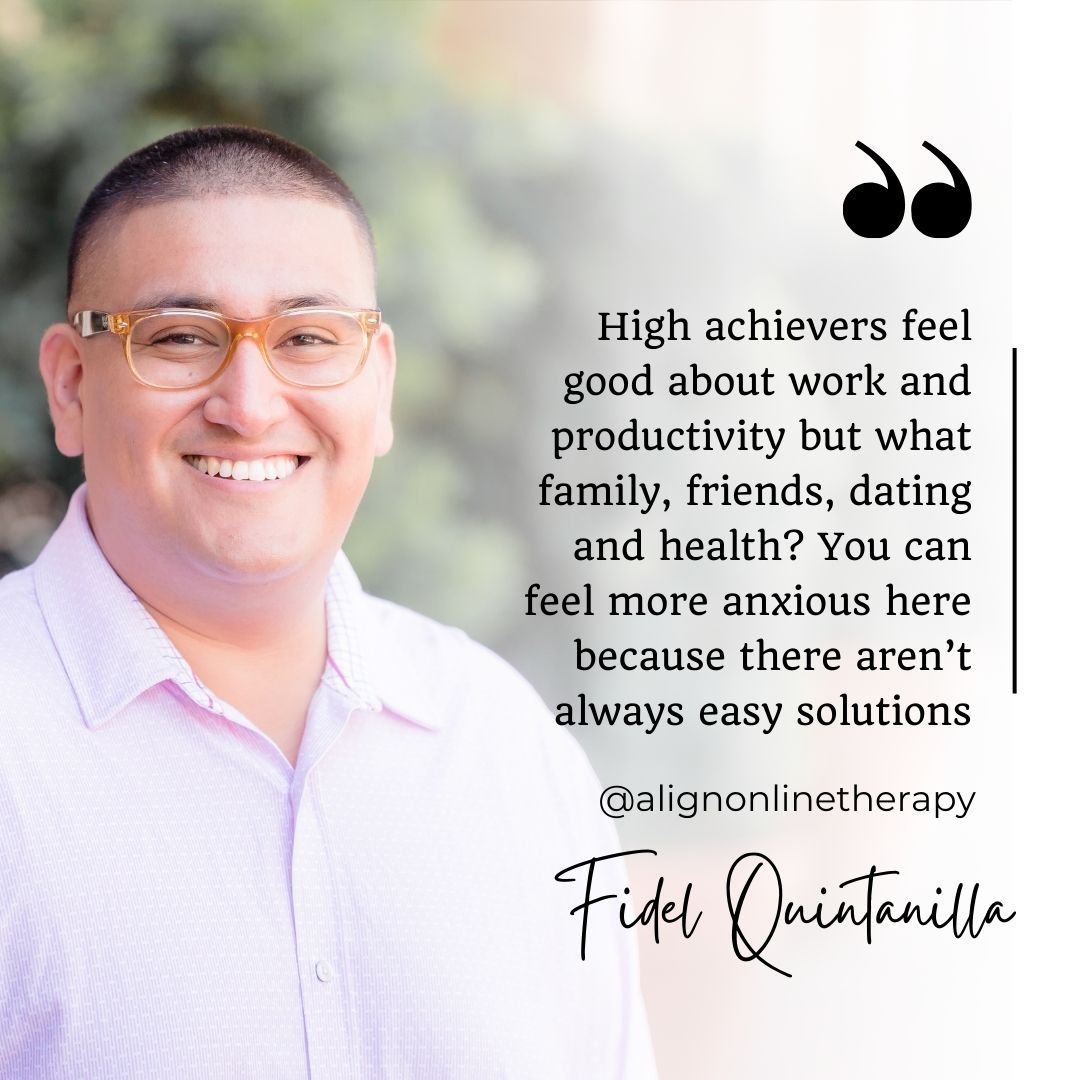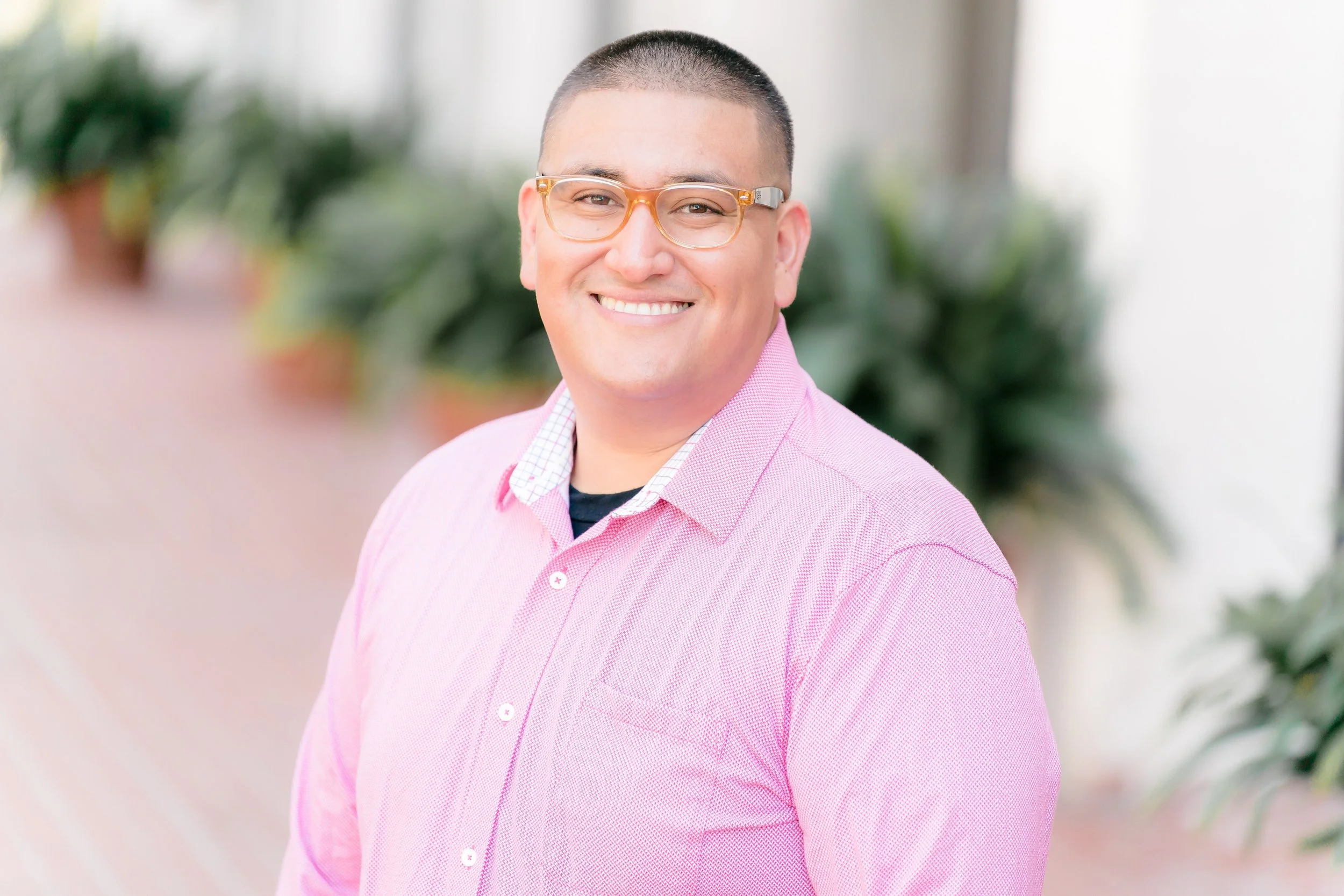What is Relationship Anxiety?
Understanding relationship anxiety and achieving your therapy goals
What is Relationship Anxiety?
Relationship anxiety is a state of emotion that many people experience, which is characterized by an overwhelming sense of worry, fear, and insecurity in their relationship with their partner
This can include a constant stream of doubts about your:
relationship’s future
an intense fear of abandonment or rejection by your partner
a constant need for reassurance from your partner
These anxieties may stem from past experiences or personal insecurities that can leave you or your partner feeling exhausted and stuck
It is crucial to address relationship anxiety by seeking support from a trusted therapist to foster healthier communication, heal attachment wounds, build trust, and develop coping mechanisms to learn how to manage your anxiety more effectively
Common relationship anxiety symptoms
Feeling emotionally drained when talking to your partner
Questioning your partner’s feelings constantly
Frequent intrusive thoughts about your partner’s intentions
Apologizing often to keep the peace
Your goals are enmeshed with your partner’s
You make excuses for your partner’s behavior
Disengaging when talking to your partner
Constant worry about the future of the relationship
Sabotaging the relationship (intentionally or unintentionally)
Low self-esteem
Inability to enjoy the positive moments
Short-term goals: coping, communication and emotional regulation
In therapy for relationship anxiety, our short-term goals focus on helping you feel immediate relief from your symptoms. We help you develop coping strategies to manage your anxious thoughts and emotions in real-life situations like dating, arguments with a partner or breakups. We provide personalized support to help you improve your communication skills so you can confront your anxiety with better self-esteem. We use our experience and training to help you remain regulated when confronting anxious situations so you can analyze the situation with a clear mind instead of being controlled by your triggers.
Long-term goals: resilience, practice skills, create healthy patterns
While immediate relief helps you feel more comfortable, our long-term goal is to help you feel more secure in your attachment to others. Our therapy sessions uncover patterns in all your relationships in the past; then, we develop a plan to help you heal your attachment with yourself and others. Depending on the treatment approach, we change how you react to triggers by understanding the irrational beliefs that make you feel anxious in your relationships. We can also trace the root of your relationship anxiety to early life experiences, which usually require us to heal the relational trauma that has primed you to experience anxiety to this extent today. Regardless of the approach we use, we help you build resilience, foster healthier attachment patterns, heal from the old wounds that you thought you left behind and achieve comfort in the discomfort that used to overwhelm you.
Relationship anxiety therapy: Tailored to your unique, specific needs based on your identity
Adults in 20s/30s
-
Relationship anxiety shows up in dating, being engaged, married and when it’s complicated. A therapist helps you discover the real source of your triggers, navigate difficult conversations, practice coping skills to help you self-regulate and set critical boundaries that help you become comfortable in situations that used to overwhelm you
Couples
-
Anxiety shows up in almost all your relationship dynamics: feeling stuck, arguing about the same topics repeatedly, lack of trust or constantly questioning each other. A therapist helps you learn your triggers, creates a safe space to explore causes of those triggers, practice communication skills and foster a more secure relationship where trust becomes the foundation
South Asian
-
Anxiety shows up with internalized relationship dynamics that can be driven by indirect communication and complex feelings like mistrust, guilt or shame. A therapist helps you process the feelings that make you anxiously attached to others, process the beliefs and patterns that contribute to these feelings and help you form a more trusting, secure attachment to yourself and others
***South Asian
-
Anxiety shows up with internalized pressure from your community, feeling shame for making decisions that go against the grain or feeling guilt for not adopting certain values and traditions. A therapist helps you process the feelings that perpetuate the internalized pressure, redefine expectations for yourself around your own beliefs and live according to your core values without common feelings like guilt and self-judgment
Anxiety therapy: Several treatment methods to choose from based on your needs and our training/experience
-

Cognitive Behavior Therapy (CBT)
Anxiety is rooted in distorted thoughts that make you worry more than you need in response to a trigger. Your therapist helps you understand the root cause of your spiraling thoughts, recognize the problematic patterns in your thoughts and use logic to challenge automatic thoughts & assumptions so you can establish healthier patterns
-

Attachment/ Psychodynamic Therapy
The first anxiety you feel is the worry you experience as a child when your parents are scrambling to meet your needs. Your therapist helps you realize the patterns present in your current relationships, trace the source of these patterns back to past relationships & traumas and heal these relational wounds and establish new patterns to align with your values
-

Dialectic Behavior Therapy (DBT)
The overwhelming anxiety we experience in response to triggers requires self-regulation and building an increased tolerance for these situations. Your therapist helps you practice mindfulness and emotional regulation skills to help calm your nerves in these situations while also practicing setting boundaries and limits to help you tolerate the discomfort
-

Acceptance and Commitment Therapy (ACT)
An anxiety disorder is a disorder of thoughts, which means sometimes thinking too much about the problem or the past is the problem itself. Your therapist helps you stop overthinking / overanalyzing, practice embracing the discomfort caused by your thoughts, establish your core values and hold you accountable to daily / weekly goals that serve you
-

Internal Family Systems (IFS)
Feelings of anxiety rarely come alone; usually we have parts of ourselves that are more reasonable but become muted when anxiety takes over. Your therapist helps you achieve balance between these parts of yourself by creating limits and boundaries, which allows you to control your thoughts and feelings effectively instead of letting them control you
Anxiety therapy: Made efficient, convenient and effective with Align
-
Highly trained
A highly trained therapist will be more effective in properly assessing for anxiety, normalizing thoughts of anxiety that are common, identifying thought patterns that cause anxiety for you in different situations and making the correct treatment recommendations. Having the proper tools and techniques to work with anxiety prevents wasted time and helps you find solutions that work
-
Diversity
A therapist who appreciates your cultural similarities and differences is more likely to ask the essential questions that help them understand how your anxiety looks different from the average person. For Align, culture is more than just ethnicity; we also consider age, gender, religion, sexual orientation, financial situation and any other aspect that affects the way you feel and react to your anxiety
-
Relatability
Anxious thoughts are like an iceberg; we only see a fraction of them on the surface. Anxious thoughts also create a feedback loop where the more intense or frequent the thought, the less comfortable we feel sharing it with anyone else. A relatable therapist provides you with the comfort and security to truly open up and let someone help you heal. A relatable therapist, more than anything, enables you to feel validated without being judged
-
Online
Anxiety almost always involves avoidance. Online therapy for anxiety provides you with the ultimate flexibility and convenience by removing as many barriers as possible. You can see a therapist in a private, secure session by using your phone or computer in any space you are comfortable. You are also able to practice the self-regulation and coping skills where you need them, such as at work or in a social place the coping skills you practiced in a neutral setting often seem much more difficult to implement
-
Availability
Therapy for anxiety needs to be scheduled around your availability, and it helps to schedule sessions around specific situations, such as between work meetings, before difficult conversations or confronting triggering situations. To get the help when you need it most, It helps significantly when therapists are flexible on timing and offer days/times that are convenient for you
-
Flexibility
When anxious situations come up or when we anticipate one, we usually need therapy the most. Therapists with flexible times but also flexible fees ensure your sessions are consistent even if you have to reschedule for a particular time or require more sessions without adjusting your budget too much
The importance of finding the right fit: Anxiety therapy is all about your connection with your therapist
The research is clear: the alliance between therapist and client (characterized by trust, mutual respect, shared understanding, and collaboration) remains the best predictor of positive outcomes in therapy. Specifically with therapy for anxiety, this connection is crucial to you building the trust you need to open up and implement the solutions that the therapist is recommending but probably go against all the beliefs you have adopted in response to your anxious thoughts. You come to therapy with your own experiences, beliefs, values, and preferences. A good fit between you and your therapist ensures therapy is comfortable even in the discomfort and aligns with your goals and objectives.
Describe your anxiety and how it affects you. Then, try asking them:
What is your initial assessment of my anxiety?
Have you ever worked with someone who has anxiety like mine before?
What treatment method would you recommend?
How would that help me feel less anxious?
What do you emphasize in therapy that is unique?
Our diverse team of experienced, relatable and flexible anxiety therapists
If you still don’t know who would be the right fit and would like our help, contact us directly and we can help you find the best fit by asking just a couple of questions about your needs and goals

















